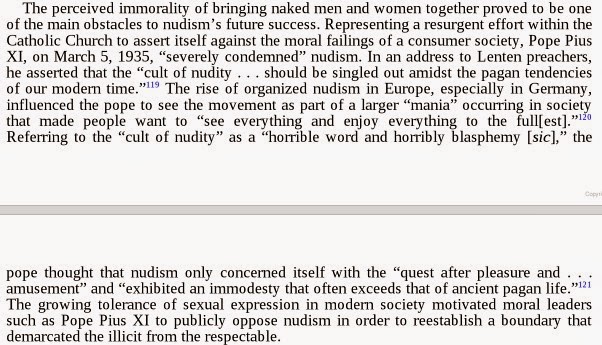I don't understand fermented meat products. Like, how they were invented.
And although it's not fermented meat, I recently found that beef jerky has fairly low calories, and eating some with salad makes for a pretty satisfying lunch when on a "fast " day on the 5:2 diet.
I also realised recently that I didn't know much about how the International Space Station maintains a healthy atmosphere. Some initial looking at websites indicates it's pretty complicated. This also made me realise that I don't know if NASA has any good idea as to the system to use on a Mars mission. Or, for that matter, if Mars One has any idea. Electrolysis of water is a key part of the ISS system; I guess having a Mars base near ice would be very handy, then, for a permanent base. Provided you can trust your equipment to never break down.
I need to do more reading...
Update: a site with the grand name "
SoyInfo Centre [World's Most Complete Collection of Soy Information]" has a lengthy essay on the history of fermentation generally, with this somewhat interesting section:
The first solid evidence of the living nature of yeast appeared
between 1837 and 1838 when three publications appeared by C. Cagniard de
la Tour, T. Swann, and F. Kuetzing, each of whom independently
concluded as a result of microscopic investigations that yeast was a
living organism that reproduced by budding. The word "yeast," it should
be noted, traces its origins back to the Sanskrit word meaning
"boiling." It was perhaps because wine, beer, and bread were each basic
foods in Europe, that most of the early studies on fermentation were
done on yeasts, with which they were made. Soon bacteria were also
discovered; the term was first used in English in the late 1840s, but it
did not come into general use until the 1870s, and then largely in
connection with the new germ theory of disease.
The view that fermentation was a process initiated by living
organisms soon aroused fierce criticism from the finest chemists of the
day, especially Justus von Liebig, J.J. Berzelius, and Friedrich
Woehler. This view seemed to give new life to the waning mystical
philosophy of vitalism, which they had worked so hard to defeat.
Proponents of vitalism held that the functions of living organisms were
due to a vital principal (life force, chi, ki, prana , etc.)
distinct from physico-chemical forces, that the processes of life were
not explicable by the laws of physics and chemistry alone, and that life
was in some part self determining. As we shall soon see, the vitalists
played a key role in debate on the nature of fermentation. A long battle
ensued, and while it was gradually recognized that yeast was a living
organism, its exact function in fermentations remained a matter of
controversy. The chemists still maintained that fermentation was due to
catalytic action or molecular vibrations.
The debate was finally brought to an end by the great French
chemist Louis Pasteur (1822-1895) who, during the 1850s and 1860s, in a
series of classic investigations, proved conclusively that fermentation
was initiated by living organisms. In 1857 Pasteur showed that lactic
acid fermentation is caused by living organisms. In 1860 he demonstrated
that bacteria cause souring in milk, a process formerly thought to be
merely a chemical change, and his work in identifying the role of
microorganisms in food spoilage led to the process of pasteurization. In
1877, working to improve the French brewing industry, Pasteur published
his famous paper on fermentation, Etudes sur la Biere , which was translated into English in 1879 as Studies on Fermentation .
He defined fermentation (incorrectly) as "Life without air," but
correctly showed specific types of microorganisms cause specific types
of fermentations and specific end products. In 1877 the era of modern
medical bacteriology began when Koch (a German physician; 1843-1910) and
Pasteur showed that the anthrax bacillus caused the infectious disease
anthrax. This epic discovery led in 1880 to Pasteur's general germ
theory of infectious disease, which postulated for the first time that
each such disease was caused by a specific microorganism. Koch also made
the very significant discovery of a method for isolating microorganisms
in pure culture.
Gee. It's easy to forget how something so spectacularly important to 20th century improvements to longevity was only being worked out in the late 19th century.
But it still doesn't help with my fermented meat issue, in particular.
Update 2: turns out European fermented sausage is not so old:
From the 1995 book
Fermented Meats.
Update the Third: Tim, I know you have a particular interest in fermentation, and did a post on a book all about it. Does it explain how fermented sausage making got started?
Update 4: Brilliant! From
Meat Fermentation at the Crossroads of Innovation and Tradition - A Historical Outlook:
And I have learnt that there is a "Dry Salami Institute" (in San Francisco, of all places):
I also did not know of the Catholic controversy over sausages. I'm guessing the phallic shape has something to do with it:


















